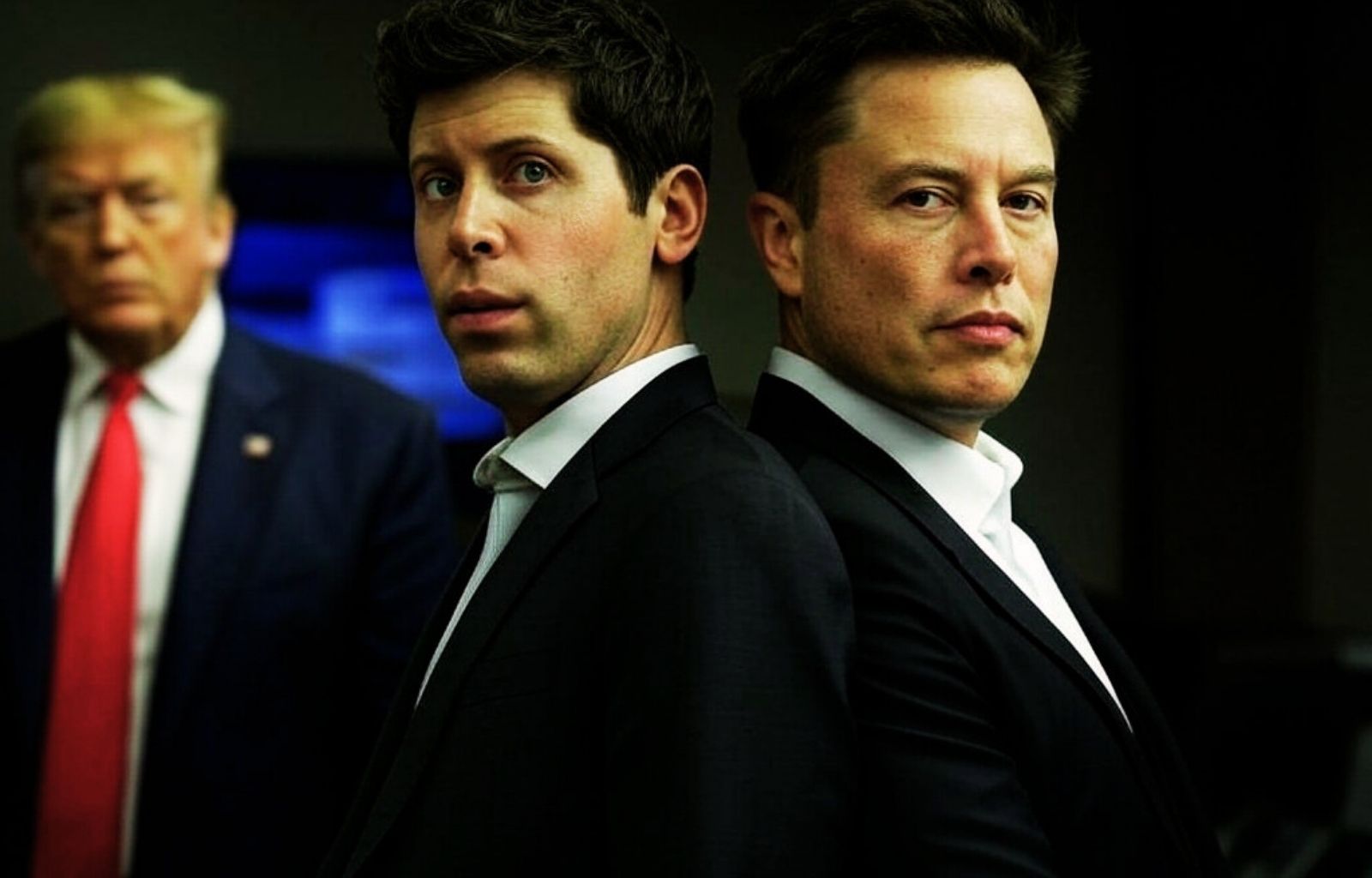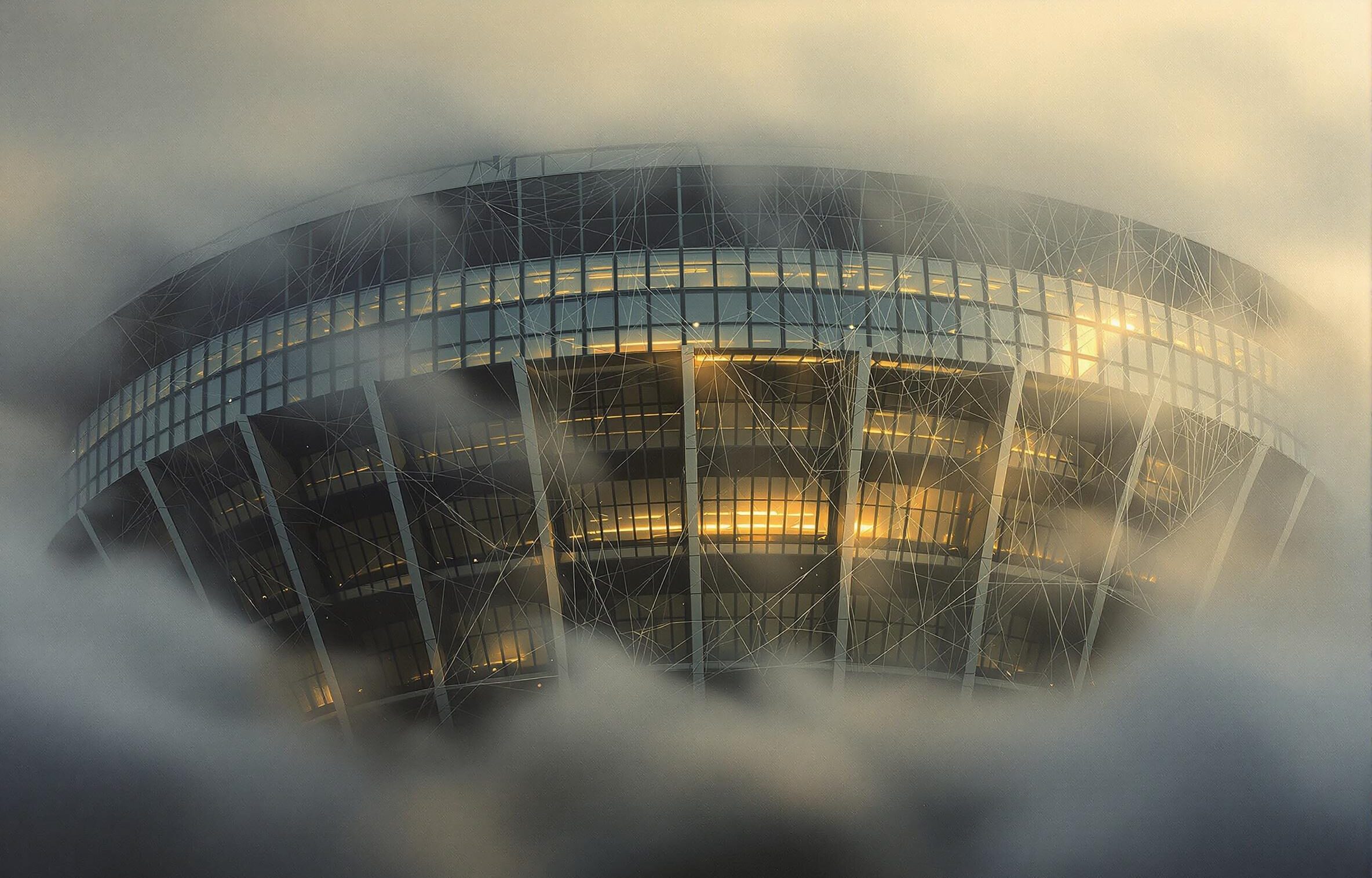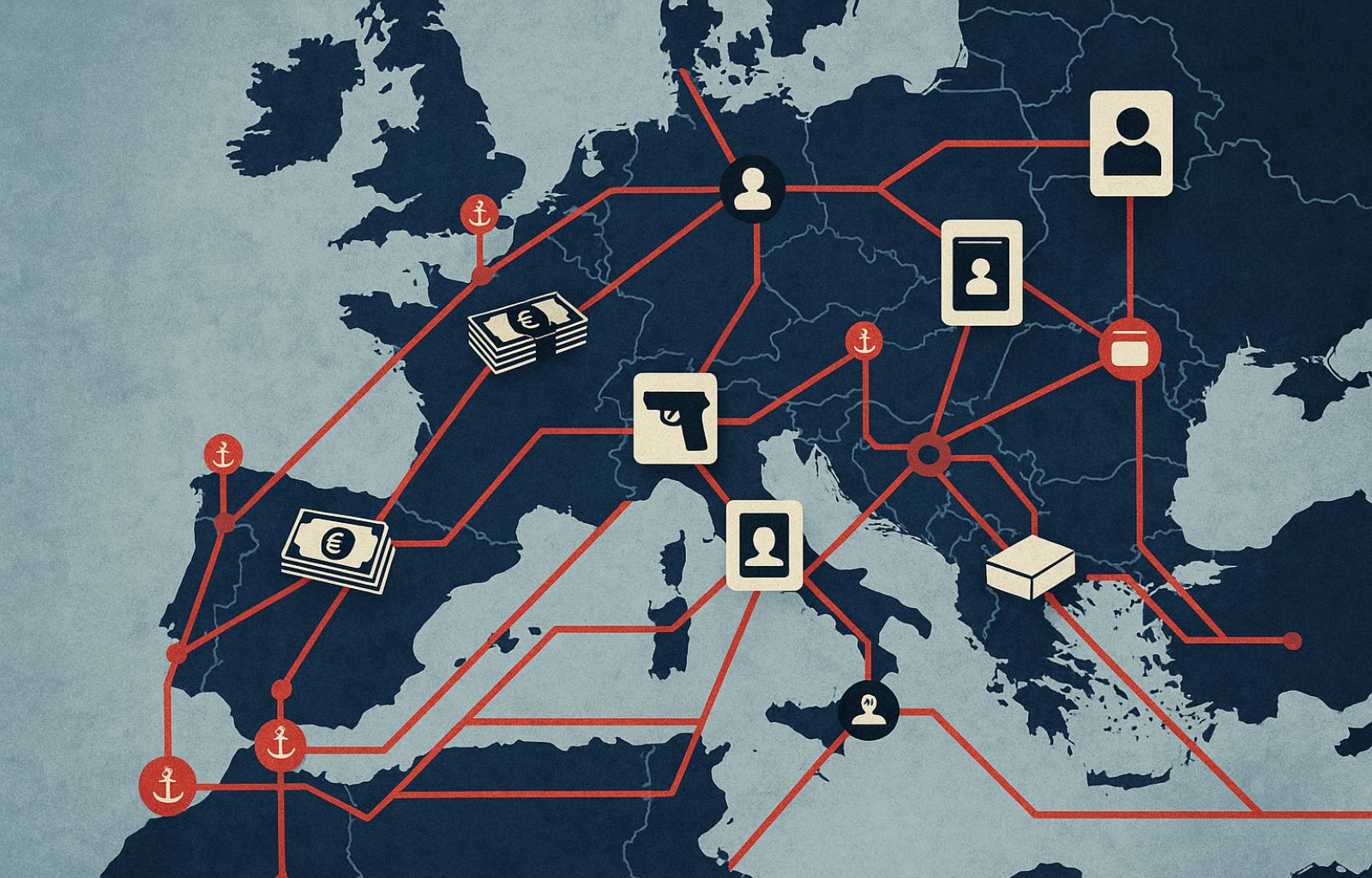Stargate plan: Musk against Trump? Here’s what we know

Project Stargate, launched by Donald Trump with fanfare and attached executive orders, has attracted global attention as the most ambitious plan ever conceived in the field of artificial intelligence.
With a declared value of $500 billion spread over four years, Stargate aims to consolidate American leadership in the technology sector and foster a new wave of reindustrialisation. However , Elon Musk’s criticisms (perhaps the first the entrepreneur has addressed to Trump since announcing his support) have opened a heated debate on the feasibility and transparency of this colossal programme.
Stargate: Trump’s ambitious plan
At the heart of the project are twenty strategic sites in the United States, with Texas as the first state to host construction sites that have already begun. The stated objective is twofold: not only to strengthen the country’s industrial and defence capabilities, but also to create hundreds of thousands of jobs and promote technological innovation on a global scale. The public-private partnership plays a key role: the US government has already earmarked 100 billion dollars, while the remaining 400 billion is expected to come from giants such as SoftBank, Oracle, OpenAI and MGX, a UAE sovereign wealth fund.
SoftBank, the main backer, has initially pledged USD 100 billion, while OpenAI contributes its technological know-how to integrate advanced infrastructures. Oracle, for its part, is providing next-generation data processing platforms. In spite of these weighty names, questions arise as to the soundness of the financial plan, complicated by recent public statements that have turned the spotlight on the project’s possible criticalities.

The criticism you don’t expect
Elon Musk, in particular, launched a harsh attack on X (formerly Twitter), expressing deep scepticism about Stargate’s funding. According to Musk, SoftBank had raised less than $10 billion, a figure far short of its initial goals, thus casting doubts on the consortium’s ability to financially support the entire initiative.
Musk’s words did not go unanswered. Sam Altman, CEO of OpenAI, called the criticism unfounded, stating that Musk has all the necessary information to verify the validity of the project. Altman even invited Musk to personally visit the Texas construction site, emphasising that Stargate has no fear of verification and that work is proceeding according to plan.
Clash of trust: personal accusations between Musk and Altman
The mutual accusations between the two amplified the tension. Elon Musk accused Altman of being a‘liar‘, referring to a testimony given by the latter to Congress, in which he allegedly stated that he did not receive any compensation from OpenAI, but then, according to Musk, made claims for USD 10 billion. Not only that: Musk used heavy-handed terms such as‘swindler’, openly expressing a total lack of trust in Altman, particularly with regard to the management of advanced technologies in the field of artificial intelligence. Again, in recent hours, more or less verified reports have been circulating about Altman’s alleged support of anti-Trump initiatives in the election campaign. Altman, for his part, has thrown a dig, or rather a missile, insinuating that Musk, with his new government role as head of DOGE, should be concerned with the interests of the country rather than being influenced by any personal or corporate interests.
Trump’s acceleration
While the dispute between Musk and Altman inflames public opinion, Trump has stepped up efforts to get the project moving. His executive orders simplify bureaucratic procedures for Stargate, guarantee priority access to energy sources, and introduce tax incentives to support AI research and development. The Trumpian strategy aims to remove any obstacles that might slow down the construction of the infrastructure, while consolidating American supremacy at a time when China is rapidly expanding its technological capabilities.
However, even these moves are not without controversy. In the new climate in Washington, it is certainly not the environmentalists’ criticism of the product’s enormous energy expenditure that is worrying, but those who fear the project’s impact on the public purse if the private partners do not keep their promises. And as Elon Musk himself is pouring fuel on these fears, the fire could flare up. Still, on the private side, there are those who point the finger at the decisive role that the Emirates fund would end up playing.
The Game of Thrones for the Future of AI
In short, while Trump’s ambition to re-launch America as a technology leader is clear, Musk’s expressed doubts about the concrete feasibility of the plan open up a real game of thrones on the future and development of the AI ecosystem.
The patron of Tesla and SpaceX fears Stargate’s public-private partnership philosophy because he fears coming out of it with clipped wings, both in terms of influencing the US administration’s choices and because he considers the agglomeration logic that Stargate would bring about to be wrong, preferring instead a more decentralised ecosystem.
What will happen? We shall see. Or rather, on this side of the Atlantic we should seriously roll up our sleeves and be actors and not spectators of the artificial intelligence revolution.











